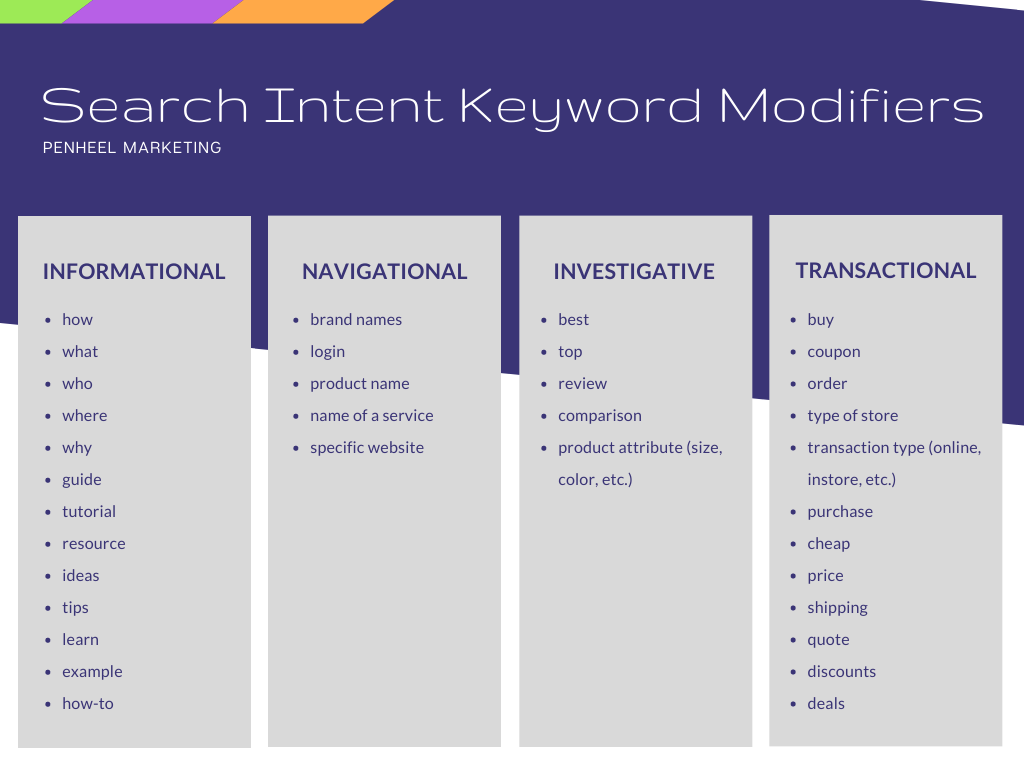Viva Resa: Your Gateway to Insightful Living
Discover news, trends, and tips for a vibrant lifestyle.
Decoding the Mind Behind the Query
Unlock the secrets of search queries and discover what drives the digital mind in our latest blog! Dive in now!
Understanding User Intent: The Psychology Behind Search Queries
Understanding User Intent is crucial for optimizing your website for search engines. User intent refers to the underlying motivation behind a search query, which can be categorized into three main types: navigational, informational, and transactional. By analyzing these categories, content creators can tailor their content to meet the specific needs of their audience. For a deeper dive into user intent, check out this Moz guide on user intent.
The psychology behind search queries reveals that users are driven by a desire for solutions to their problems or questions. When a user types in a query, they often seek specific answers, resources, or products. Understanding this psychology allows marketers to incorporate relevant keywords and contextually appropriate content that resonates with their audience. To explore the connection between user psychology and SEO further, take a look at this Search Engine Journal article.

Decoding Keyword Selection: What Each Query Reveals About Users
Understanding keyword selection is crucial for anyone looking to enhance their SEO strategy. Each query typed into a search engine is a window into the user's intent and needs. When users search, they are often seeking specific answers, solutions, or information. For example, a query like 'best running shoes' indicates that the user is likely in the consideration phase of their purchasing journey, weighing options before making a decision. In contrast, a query such as 'how to tie running shoes' often reflects a need for practical advice or guidance, marking the user as someone who values tips over products. By analyzing these search intents, marketers can craft content that speaks directly to the user's needs.
In addition to identifying user intent, keyword selection also reveals trends and shifts in consumer behavior. A sudden increase in searches for 'eco-friendly products' may signal a growing awareness and demand for sustainability in the marketplace. This gives businesses the opportunity to align their offerings and messaging with consumer values. Utilizing tools like Moz Explorer or Ahrefs Keyword Explorer can provide valuable insights into these trends. By decoding the layers behind each query, businesses can not only improve their visibility on search engines but also foster deeper connections with their audience.
How Context Shapes Search Behavior: Insights into User Queries
The landscape of search behavior is heavily influenced by context, which encompasses various factors such as location, time of day, and the user's previous search history. For instance, a user searching for 'best pizza near me' is likely influenced by their current geographical location and the time of day when they are hungry. According to Search Engine Journal, understanding these nuances helps marketers anticipate user needs and tailor their content effectively. This means businesses must not only optimize for keywords but also consider how contextual elements shape user queries and interactions.
Moreover, context shapes the intent behind the queries. A user typing 'weather' may be looking for immediate local forecast information or long-term climate data, depending on their location and the time of year. Moreover, the Moz highlights that aligning content with search intent related to context is crucial for enhancing visibility in search results. By analyzing search behavior patterns, businesses can generate content that meets specific user needs, thereby increasing engagement and conversion rates.